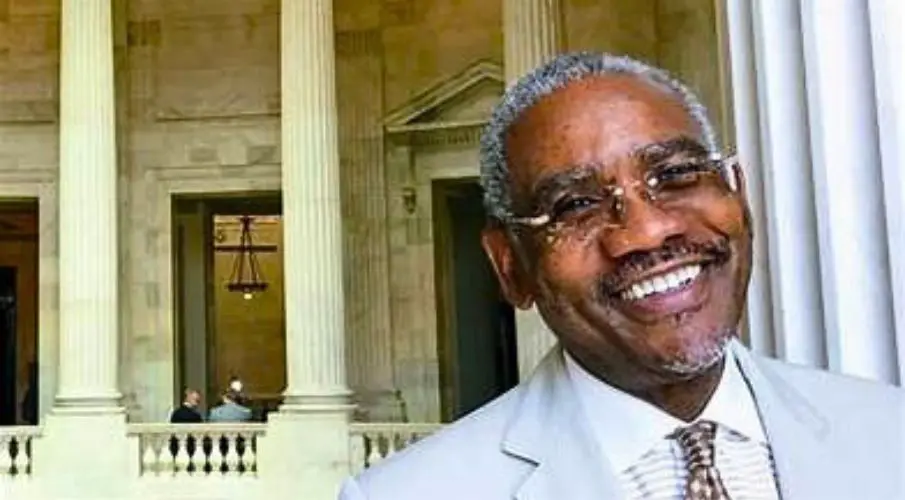When the lights go out in Washington, it does not affect everyone equally. Hardly had the shutdown begun when it became clear who was hit hardest by the first blows: Black federal employees. "When you look at the number of individuals that have been laid off already, prior to the shutdown, the overwhelming majority of them are Black," said Gregory Meeks, a New York congressman and chairman of the political arm of the Congressional Black Caucus.
It is a sober statement - and yet one that carries the full weight of the current crisis. Because while the Trump administration lays all the blame solely on the Democrats, while it escalates the tone with threats of layoffs, frozen multi-billion dollar projects and an orchestrated campaign of ridicule and disinformation, resistance is forming at the grassroots. The Black Caucus is launching a political counteroffensive that begins where people's lives take place - in neighborhoods, on the streets, in churches and barbershops.
"Whether in churches or in barbershops - we are going to get our message out to where the people are, out into the streets," says Meeks. It is a clear signal: they do not want to fade in the echo of official channels but send the message directly into everyday life, to the places where trust grows and political attitudes are shaped. The caucus is relying on local media, on well-known voices from the communities, on civic leaders who enjoy far more credibility than the endless skirmishes from Washington.
That it is precisely the Congressional Black Caucus taking on this role has historical logic. Since its founding in 1971, it has been the voice of those citizens most often excluded from America's promises. Now it is confronting the president's political staging with a strategy that smells less of power calculation than of a return to democratic foundations: reaching people where they live and telling them that their fate is not negotiable. In the midst of the government's cynical rhetoric, which disproportionately burdens Black communities and at the same time mocks them with racially coded memes, this step unfolds a particular force. It is no longer just about the shutdown, not about the next political maneuver in Congress. It is about whether America's Black workers, who for generations have formed the backbone of public service, are to be sacrificed in the name of an authoritarian game - or whether their voices have the power to break through a narrative that denies them the right to security, dignity and participation.
Gregory Meeks stated it soberly, but behind his voice lies the urgency of a movement that knows words will not be enough this time. The caucus is not relying on a press release but on encounters, on direct contact, on those spaces that have always been places of political resistance. Thus, in church pews and barbershops, between prayers and conversations, a counterweight could form to a propaganda that is pushing the country to the brink of a new division. The shutdown may be blocking Washington - but it has also unleashed something: the reminder that political struggles in America are not decided only in the marble halls of the Capitol, but in the voices of the people who have the most to lose.
Investigative journalism requires courage, conviction – and your support.
Please also strengthen our journalistic fight against right-wing populism and human rights violations. We do not want to finance ourselves through a paywall so that everyone can read our research – regardless of income or origin. Thank you very much!


Trump ist ein Rassist.
Ich habe mich seit Wochen gefragt, wo der Aufschrei der schwarzen Gemeinden bleibt.
Als die Verdienste schwarzer Soldaten aus den Büchern getilgt wurden.
Als die Sklaverei „relativiert“ wurde.
Als die Geschichte der USA auf Trumps Linie bereinigt wurde (zumindest beginnt es)
Sie blieben still.
Kein Aufruhr im Stil von Black lives matter.
Kein March wie mit Martin Luther King.
Stattdessen ein schwarzer Supreme Court Richter, der sich den Faschisten zu Füßen legt.
Aber man muss auch leider sagen, dass viele Schwarze Trump gewählt haben. Vor allem Männer.
Weil er „Stärke“ gezeigt hat und weil man sich von einer Frau nichts vorschreiben lassen wollte.
Ich hoffe, dass sich noch mehr friedlicher Widerstand firmiert.
In den Black Communities.
In den Hispanic Communities.
In den Asian Communities.